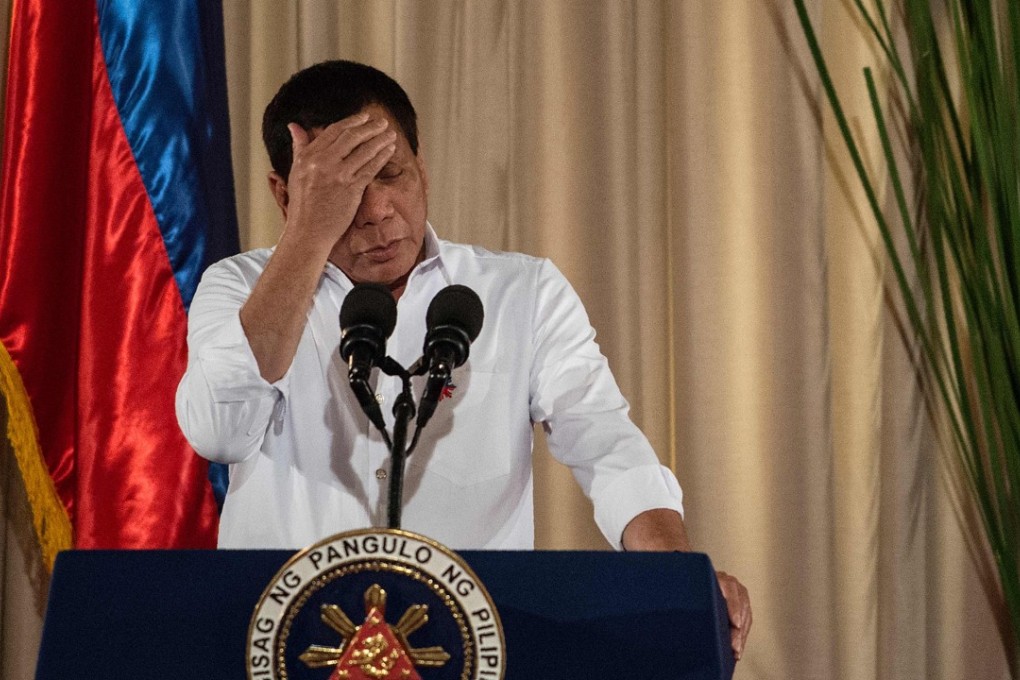
Terrorism, despite being a global spectre, tends to be a localised affair. Time and again, it bursts out in areas where the youth bulge and unemployment are the highest. Desperation is the oxygen of terrorism.
In this respect, Middle Eastern terrorism isn’t so much due to the violent nature of Islam – a popular yet deeply misinformed narrative – as it is a product of the seemingly hopeless life in the secular realm. But the sudden spate of terrorism in Thailand, Indonesia, and now the Philippines, has reopened the debate if Southeast Asia has become the “second front” of global terrorism, also caused by the same scourge of poverty.

The notion of a “second front” was made popular by the likes of Rohan Gunaratna of the Nanyang Technological University, who have argued that al-Qaeda would expand to Southeast Asia just as its bases in Iraq and elsewhere in the Middle East are pummelled.
However, if one goes by the case study in southern Thailand, where violence is an admixture of crime and separatist extremism, one would hesitate to draw a quick conclusion on the situation in Jakarta or Manila, especially the latter.
First, the Philippines is in the midst of a supposed war on drugs launched by a populist president whose hands may already be tied by the Senate and the Congress, what with the constant calls for the president’s impeachment. Second, granted the possibility that both the legislative arms of the government have already been compromised by the criminal world in the Philippines, putatively since the days of President Fidel Marcos at the very least, it is a matter of time before the deep state hits back. In the Philippine deep state, elected and non-elected officials embedded in the government are in cahoots with the underworld.
